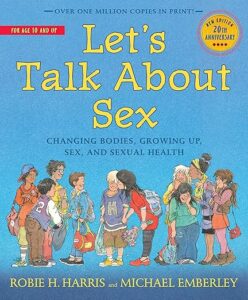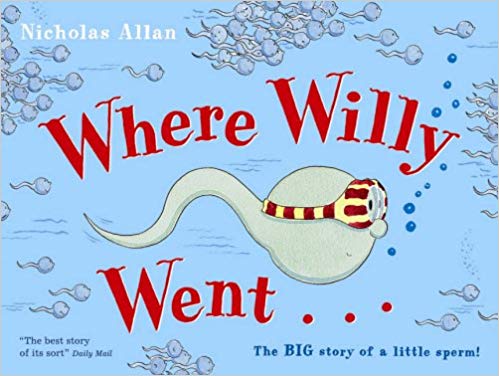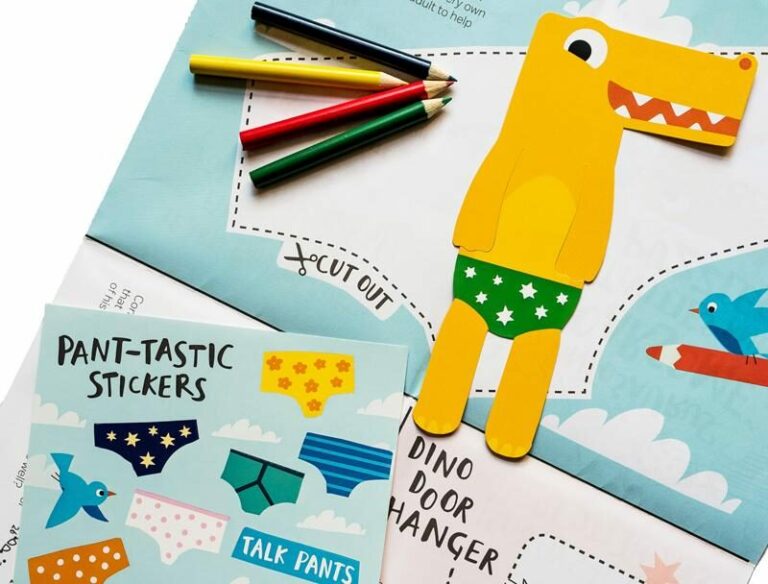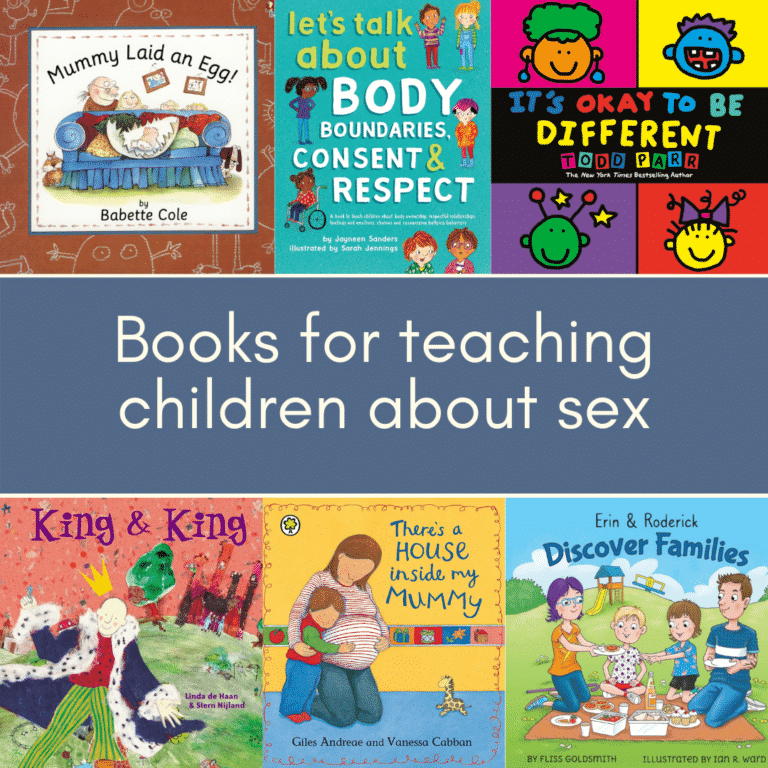Talking to children about sex, bodies and relationships: resource list
Lots of parents find talking to children about sex, bodies and relationships difficult. But not talking about those topics can send out a powerful message. Feeling that certain bits of their body are taboo can leave children unable to negotiate issues around intimacy – or even just seek medical help – when they are adults. More than half of young women in the UK avoid seeing their GP about sexual or gynaecological concerns and two-thirds of 18-24 year olds say they would be too embarrassed to use the word ‘vagina’ when talking to a doctor.

Building a relationship with our children right from the start in which sex and bodies can be talked about makes it much easier to discuss these issues when they are older and makes it more likely that they will seek our help and advice as they grow up.
If finding the right words is something you find difficult, here is a comprehensive resource list of articles, websites and books to help make talking to children about sex and those tricky conversations a bit easier.
General Advice
For general advice, start by reading Talking to children about sex, bodies and relationships.
If you have a teenager and find talking to them in general quite difficult then you might find these tips for Communicating with teenagers useful (or check out my book How to Get Your Teenager Out of Their Bedroom).
On specific topics, do read these articles on How to talk to children about periods, Talking to children about pornography and Teaching boys about consent.
Useful websites
FPA – Advice for parents and information about sexual health. Publish leaflets and booklets for children of different ages. www.fpa.org.uk
Family Lives – Specific advice on issues like pornography, sexting and sexuality, with helpline and email support. www.familylives.org.uk
NSPCC – Useful sections on talking to children about sex, stranger danger and staying safe. Check out their fantastic PANTS campaign for talking to young children about sexual boundaries.
FFLAG – Supports parents and their LGBTQ children. www.fflag.org.uk
Brook – Provides free and confidential sexual health advice to young people via email, webchat and telephone helpline. www.brook.org.uk
Useful Books (for children 2-10 yrs)
Reading books together is a great way to open up conversations about difficult topics. Check out these reviews to find books that will help:






